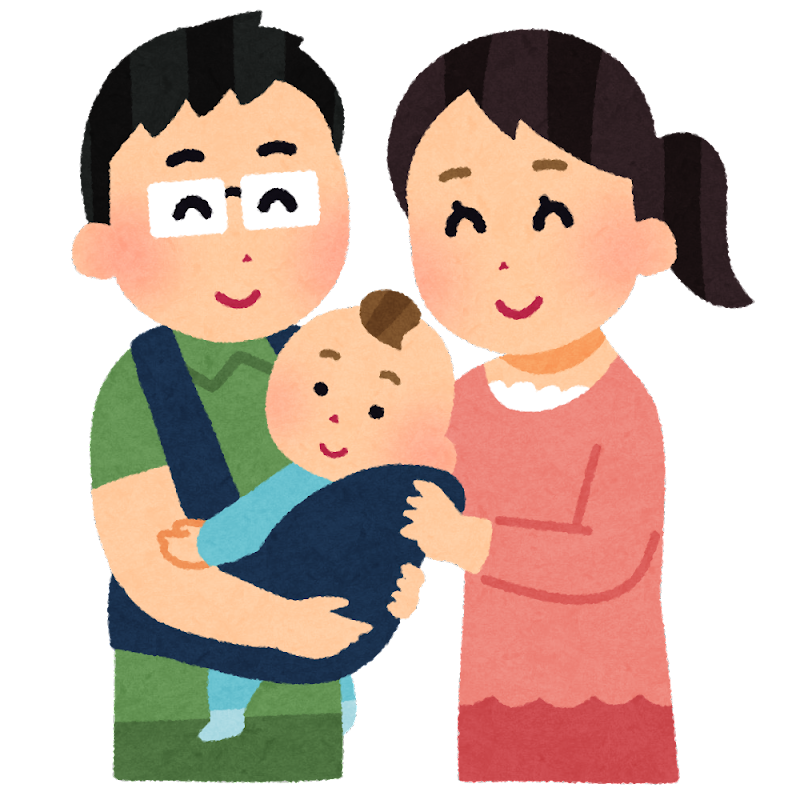Jul 22, 2023
Does Japan support growing families?
A mini baby boom
At the institution in which I work, a private high school, we celebrate our colleagues’ new arrivals and chat about their children’s milestones. Lots of our community’s families are growing. However, Japan’s birth rate has fallen rapidly for the last seven years, with under 800,000 newborns in 2022. You might wonder what’s different about us. The salaries and retention of skilled employees while they are family-building are two big reasons.

Outings with baby
Recently, a correspondent on City Cost, shed some light on why Japan is a great place to raise children. The country has a good record of low child mortality, physical safety, and environmental health making it an attractive place to raise kids in the eyes of foreign residents. On top of that, there are many public amenities for children and babies.
While parents are in transit, they can stop off at major stations on the JR East lines that have facilities for babies. You can even check while on the go, accessing a webpage for equipped restrooms inside the ticket gates at stations. The train company also has a page listing train station shopping malls with baby care spaces. Many of these malls have baby changing tables, stroller rentals, nursing rooms, electric kettles, and even microwave ovens. When you visit, look out for signs indicating ベビー休憩室 bebii kyuukei shitsu, baby rest room, and 授乳室 junyu shitsu, nursing room.
Public spending
Despite the great reputation and public services, Japan is experiencing the falling birth rate I mentioned above. In response, the government is working on a plan to increase expenditure to boost family support. The latest measure is a broadening of the eligibility for childcare allowances, opening up subsidies to municipal governments that provide free healthcare for children, and increasing lump-sum subsidies for newborns.
While the national birthrate is falling, some municipalities are thriving. Nagareyama and Matsudo Cities in Chiba Prefecture are steadily growing due to the city planning around the transportation lines as they attract families by providing city-run daycare and bus services.
If Japan’s national and municipal governments and commercial spaces are providing services, why is the birth rate so low? It comes back to what I mentioned about my employer - the security of good remuneration and a pro-family work culture. Surveys show that women of childbearing age can’t see themselves marrying due to low salaries.
Do you see your family growing and being able to take advantage of all the positives of raising families in Japan?



0 Comments